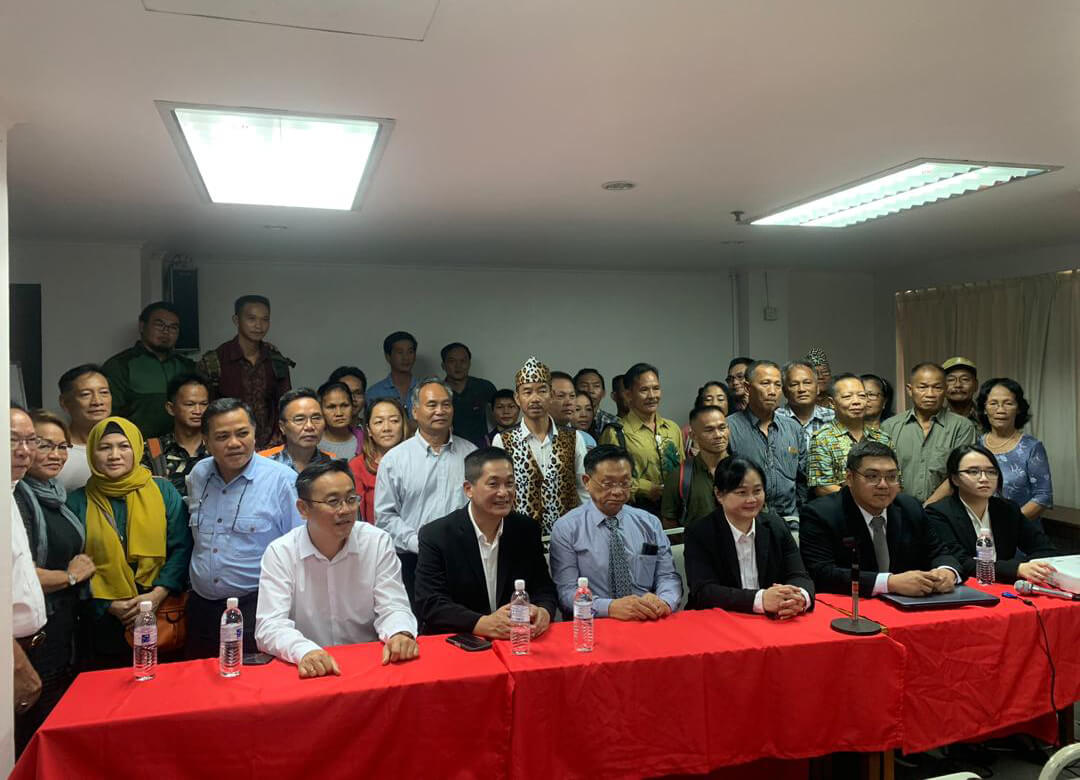(MIRI, SARAWAK / MALAYSIA) 14 plaintiffs representing 10 indigenous Penan and Berawan villages from Sarawak have today filed a lawsuit at the High Court of Sabah and Sarawak in Miri calling for the immediate nullification of two palm oil concessions covering an area of 4,400 hetares of tropical rainforest in the interior of Malaysian Borneo.
The affected concessions are located in the immediate vicinity of the Gunung Mulu National Park, a UNESCO World Heritage Site.
When the National Park was established in the 1970s, the land was set aside for the local communities who agreed to respect the National Park boundaries which they had previously used for agriculture, hunting and collecting forest products.
However, in 2008, Sarawak’s former Chief Minister and current Governor Taib Mahmud secretly granted two palm oil concessions to a company linked to his son, Mahmud Abu Bekir Taib. The company, Radiant Lagoon, was subsequently sold on to Malaysian palm oil tycoon Yee Ming Seng who secured a 31.5 million $ loan from Singapore’s United Overseas Bank to develop the concessions.
Radiant Lagoon started to aggressively clear the concession in late 2018 but soon met resistance from the local communities who staged blockades to protect their forest lands. In March 2019, logging was halted after tensions rose in the area between the communities and the company workers.
In May 2019, community representatives travelled to Europe to lobby the European Union, UNESCO and the International Union for the Conservation of Nature (IUCN) over the issue. Malaysian diplomats and palm oil lobbyists in Europe gave them a frosty welcome as the Mulu case did not fit into the official picture, according to which the Malaysian palm oil industry was spotlessly clean and sustainable.
The Bruno Manser Fund calls on the Sarawak and Malaysian authorities to revoke the Radiant Lagoon concession and to halt all further expansion of palm oil plantations. According to official plans, another 700,000 hectares of forests and native lands are expected be converted into palm oil plantations in Malaysian Borneo within the next years.
